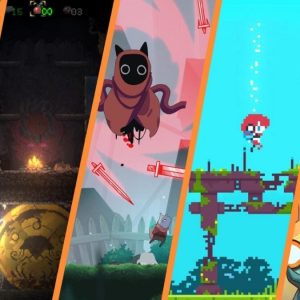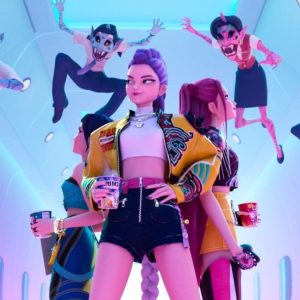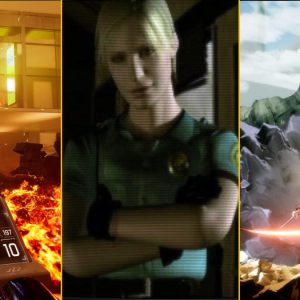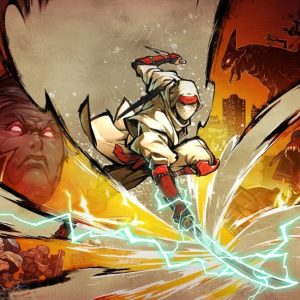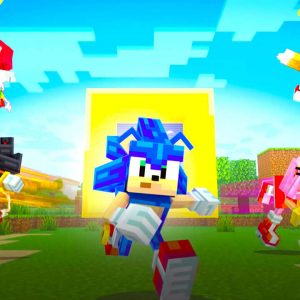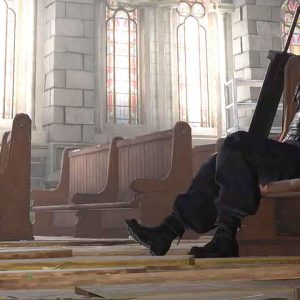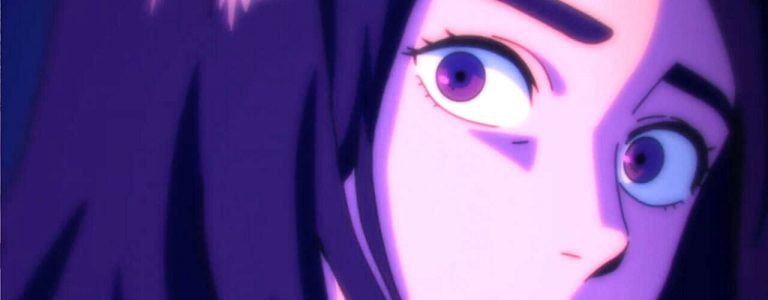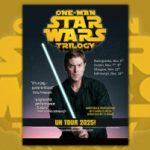In 2016, the Japan Broadcasting Corporation (NHK) released a documentary about Hayao Miyazaki, the director behind legendary Studio Ghibli films like Princess Mononoke and Spirited Away. Called Never-Ending Man, the documentary explores the beloved filmmaker’s artistic philosophy, but online, it remains most famous for one particular clip: Miyazaki, after being shown a demonstration of animation created with the help of AI technology, condemns what he’s just witnessed as “an insult to life itself.” An instant internet meme, the clip continues to resurface periodically, with Miyazaki’s take on AI seeming increasingly prophetic as the machine-learning technology evolves into an ever-larger threat to the arts.
In the documentary, Nobuo Kawakami, then a production intern at Ghibli, showed Miyazaki and others a creepy “deep learning” AI animation of a dismembered zombie using its head to wriggle across the floor. Toward the end of the demonstration, Kawakami soft-pitched the grotesque AI animation as something that would be perfect for a horror game, saying, “Using artificial intelligence enables a kind of horror beyond human imagination.” After a brief but deafening silence, Miyamoto condemned the AI animation in front of a boardroom filled with folks eagerly awaiting his response.
Let me just say every morning I used to see a friend who’s disabled. He would walk up to me. One leg’s turned outward, so it’s hard for him to walk. Even a high-five is hard for him. His stiff hand and mine touch. I think of him, and can’t say I like this. Whoever made it gives no thought to pain. It’s very unpleasant. You can make horrible things if you want, but I want nothing to do with it.
It was then that Miyazaki dropped the line that became the stuff of memes, crystallizing his response to the demo by declaring it “an insult to life itself.”
Read More: That ‘AI-Generated’ Anime Is A Slap In The Face To Pro Animators
After a deafening pause, followed by a meek reply from Kawakami claiming the clip was only experimental—something today’s proponents of AI-generated content often say whenever the ethical implications of their creations are called into question—Miyazaki asked what the ultimate goal was in using AI animation. This prompted an unidentified animator to respond, saying they hope to make “a machine that draws pictures like people do,” echoing a viewpoint Kawakami informally shared with Miyazaki prior to the infamous clip. However, Kawakami’s remarks came with a prediction that the tech would be able to “paint like humans” within the next five to 10 years. Although the AI art of today still has a ways to go before it can meet Kawakami’s prediction, its use case is just as disturbing and unpleasant as his zombie animation.
Read More: Video Game Voice Actors Are Ready To Strike Over AI. Here’s Why
The clip became an amusing and versatile reaction meme to just about anything one might consider an affront to life. But it’s the specific, original intention behind Miyazaki’s words that feels increasingly relevant, as animators and actors fight to protect themselves from being outright replaced by AI or having their work and likenesses copied and sold without their consent.
One of the many creative fields threatened by AI is the craft of voice acting, as tools in development seek to not just create lifelike voice performances without the involvement of actual actors, but also to replicate the voices of actual people, often without their consent. In a recent interview with Deadline, Zelda Williams, daughter of the late comedian and actor Robin Williams, called AI technology imitating her father’s voice “disturbing.”
“I’ve already heard AI used to get his ‘voice’ to say whatever people want and while I find it personally disturbing, the ramifications go far beyond my own feelings. Living actors deserve a chance to create characters with their choices, to voice cartoons, to put their HUMAN effort and time into the pursuit of performance,” Williams told Deadline. “These recreations are, at their very best, a poor facsimile of greater people, but at their worst, a horrendous Frankensteinian monster, cobbled together from the worst bits of everything this industry is, instead of what it should stand for.”
Theoretically, AI has the potential to be used as a helpful tool in the creative process. Unfortunately, the actual applications of AI-generated material are often ethically dodgy at best, and only seem to be posing more and more of a threat to actual human creativity as time goes on. As long as this remains true, it’s likely that we’ll keep seeing that tried-and-true meme of Hayao Miyazaki resurfacing every so often, reminding us that he saw the writing on the wall years ago.






